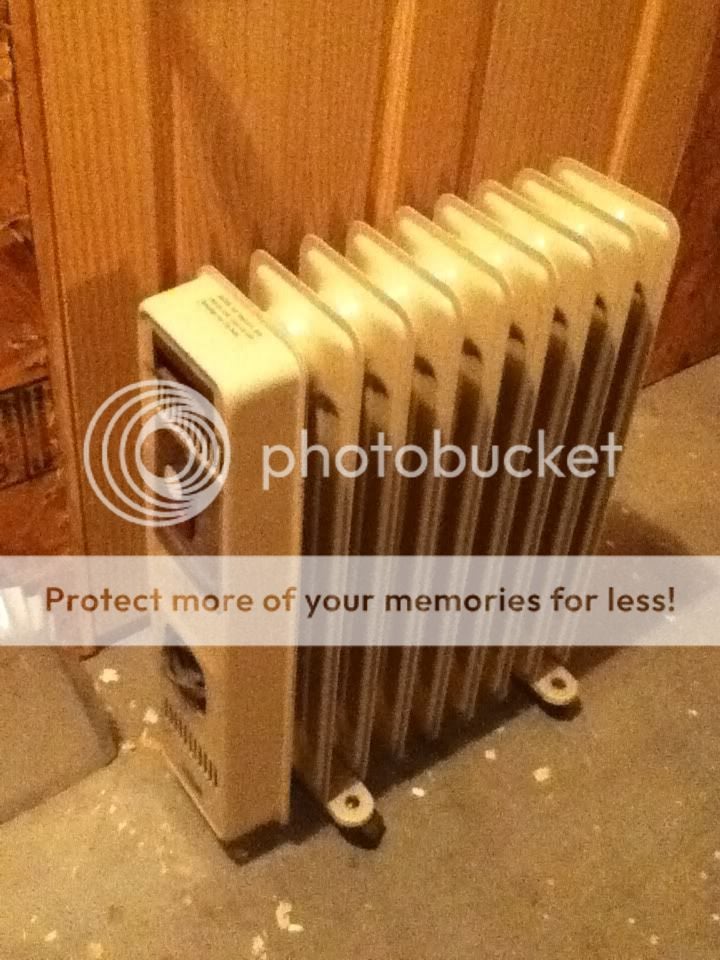People in Fairbanks and the Interior Alaska are experiencing sub-zero temps already, and I know of two people that have not added any heat. Yet. They might when it gets to -60, -80, but there are so many factors to be taken into consideration when talking about heating your flock...
1) number of birds
2) breeds (someone mentioned frizzles above?)
3) size of the coop
4) insulated or not
5) age of the birds
6) size of the birds
7) ambient temperatures, humidity, snowfall... you get the picture.
I personally do not heat, but my energy source is a boat-load of birds.
We had a wind storm come through yesterday... 25°F, blowing up to 50mph gusts (some places were shut down with 100+ mph winds) and it was quite toasty in the coop. It's insulated, but well ventilated. I used clear corrugated plastic along the north side of the run, that attaches to the coop, and it created a very effective wind-block. If we had lost power yesterday, I was going to go hang out with the chicks where it was warm! LOL!
3 silkies in an open coop in Florida will do fine all winter. 3 silkies in a small insulated coop in Alaska will likely do just fine. I know for me, personally, I wasn't going to be able to afford the $600 electric bill each month just to keep the birds above freezing.
Here's the link to a thread I started last year... lots of people have put in their 2 cents... good reading!
https://www.backyardchickens.com/forum/viewtopic.php?id=421122
1) number of birds
2) breeds (someone mentioned frizzles above?)
3) size of the coop
4) insulated or not
5) age of the birds
6) size of the birds
7) ambient temperatures, humidity, snowfall... you get the picture.
I personally do not heat, but my energy source is a boat-load of birds.
We had a wind storm come through yesterday... 25°F, blowing up to 50mph gusts (some places were shut down with 100+ mph winds) and it was quite toasty in the coop. It's insulated, but well ventilated. I used clear corrugated plastic along the north side of the run, that attaches to the coop, and it created a very effective wind-block. If we had lost power yesterday, I was going to go hang out with the chicks where it was warm! LOL!
3 silkies in an open coop in Florida will do fine all winter. 3 silkies in a small insulated coop in Alaska will likely do just fine. I know for me, personally, I wasn't going to be able to afford the $600 electric bill each month just to keep the birds above freezing.
Here's the link to a thread I started last year... lots of people have put in their 2 cents... good reading!
https://www.backyardchickens.com/forum/viewtopic.php?id=421122



